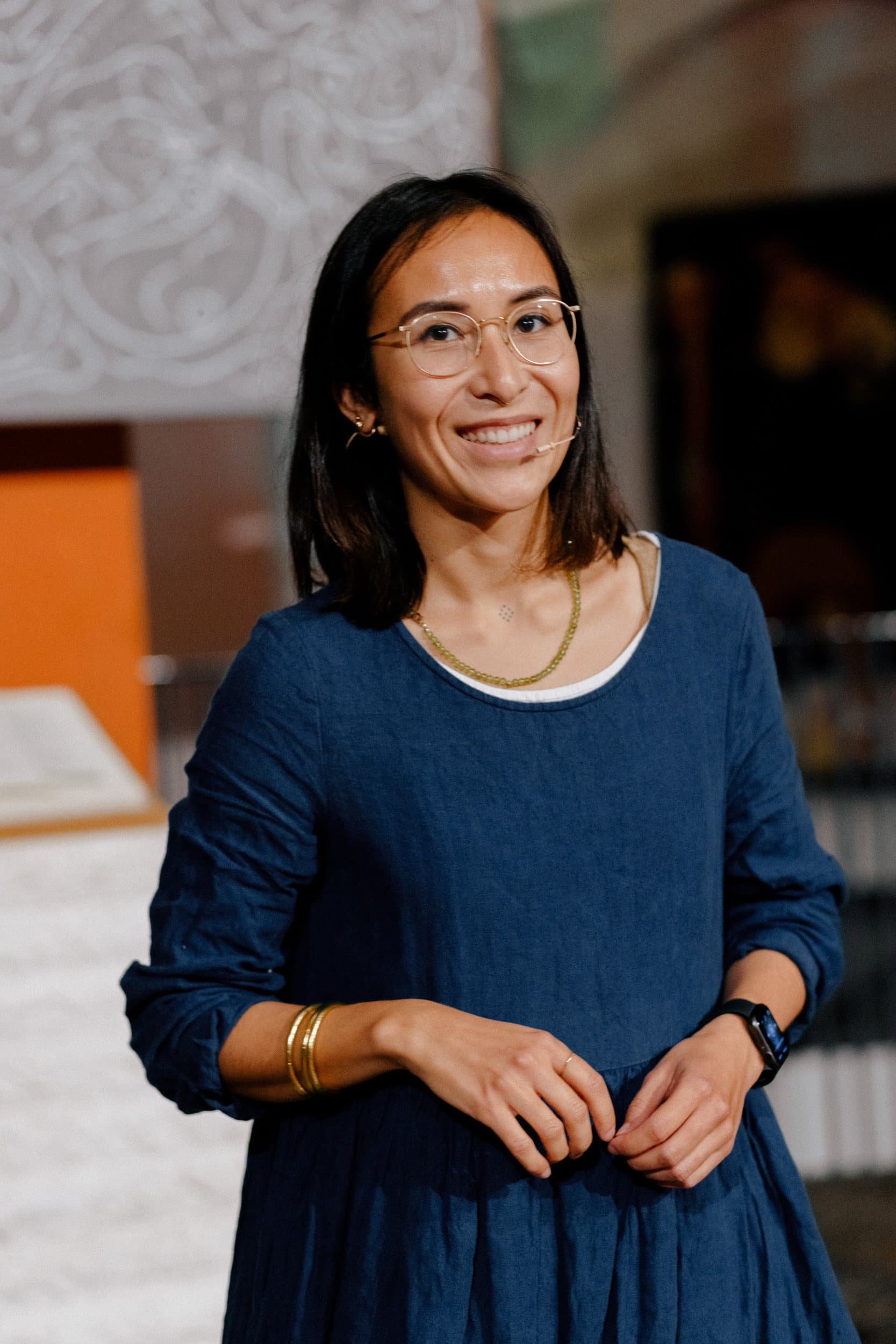How to choose the right breathwork teacher training
Image by Johannes Berger
A comprehensive guide from someone who cares
Breathwork has become the new yoga: an increasingly popular practice, known for its various profound impacts on physical, emotional, and spiritual well-being. With schools and training popping up everywhere, it can be overwhelming to decide. Here's a guide to help you select a breathwork teacher training program that aligns with your integrity and goals.
1. Positionality
Breathwork schools and teachers often niche themselves to cater to specific audiences and communities. Some focus on the functional aspects of breathwork, appealing to high performers and athletes. Others may adopt a more spiritual approach, sometimes at the expense of scientific grounding. Reflect on what resonates with you:
Your choice should align with your intended community, if you don’t have one already, and personal beliefs:
Are you looking to work with corporate professionals or individuals seeking spiritual growth?
Do you want to practice with people who care about personal growth or those who want to increase lung capacity?
Are you fascinated by the science and chemistry of the body, more than the experience and transformative aspect?
2. Curriculum & Depth of Scientific Learning
An intensely thought-through curriculum is the backbone of any good training. Look for a course that provides the science behind breathwork, alongside practical techniques.
To me, a good breathwork program covers:
anatomy of the respiratory system
physiology of breathing
psychological aspects
and different breathwork styles
and more mentioned below, like history, industry overview and more.
Depth in scientific learning ensures you're not just learning the technique(s) but understanding the 'why' behind them. And truth be told, you’ll know what to do when someone passes out or shows rather disturbing symptoms while practicing with you. It is your responsibility as a teacher to feel comfortable enough for the worst-case scenarios.
3. Experience & Qualification of Teacher & Staff
Who is the person or team you want to learn from? Where have they learned from and how long have they practiced?
A rather disturbing observation I’ve made lately is similar to the one in the coaching industry: coaches coaching how to become a coach. Once they receive a certificate, they go out into the wild and claim to be professionals and set up a teacher training at a high ticket price.
The quality of education you receive is directly influenced by the experience and qualifications of the teacher(s).
Research the backgrounds of the lead teacher
Look for instructors who not only have substantial experience in practicing breathwork but also in teaching it
Their journey, expertise, and teaching philosophy can greatly enrich your learning experience.
4. Accreditation and Credibility
To some, official accreditations may be more important than others. You can choose a breathwork teacher training program that ensures it has credible (international) accreditation. Most of the breathwork teacher trainings will provide you with a certificate, but that is different from receiving accreditation from a reputable organization. An official accreditation guarantees that the program meets its specific quality standards. It ensures that you receive recognized certification, which can be essential for building trust with future clients. Personally, I believe this one is not as important as the content and experience itself and I barely have people ask me for my certificates.
5. Practical Training
Breathwork is a deeply experiential practice. A breathwork program that offers extensive practical training is crucial. This includes hands-on sessions, practice teaching, and real-world applications. Practical training will give you the confidence to guide others, promise!
6. Online vs Offline
There are plenty of breathwork schools out there that teach fully online. I, personally, have done both, online and offline, and cannot generalize which one is better than the other. I believe even online breathwork training can be done effectively; e.g. by having a buddy system to practice, content to be studied asynchronously, and practical homework that needs to be uploaded for review.
While online programs offer flexibility and accessibility, offline courses provide a more immersive experience: you meet your peers and share worries and wins, and you may even become collaborators in the future.
For this one, consider:
your learning style
schedule
location relative to the training
type of interaction you prefer
7. Trauma-Sensitivity and Decolonial Understanding
The future of wellness is decolonial and trauma-sensitive. If you’re smart, include these elements in your choice of training, otherwise, you need to add more to the basic teacher training at some point.
Trauma sensitivity and a decolonial understanding ensure that the training is inclusive, respectful, and acknowledges the diverse cultural origins of breathwork practices. The buzz word here is safe(r) space.
8. Cost
Finally, costs are a practical consideration. Little do teacher trainings work with sliding scales and tend to be financially inaccessible to many of us out there.
While it's important to invest in quality, ensure the program you choose is within your budget but I’d advise to also see it as a growth opportunity for your future self.
What is the return on investment, once I start teaching?
Does a more expensive program cover more content or do I need to purchase other add-on training later?
Does the school offer payment plans?
Choosing the right breathwork teacher training is a super personal journey. Remember, the right training program will not only provide you with the skills and knowledge to be an effective teacher but also resonate with your personal values and aspirations. Let the teacher or school make your heart jump. The decision should be a full body yes and trust me, the right training is out there, you just need to find it…
Good luck embarking on this transformative journey. If you want to pick my brain, feel free to reach out via yellow@sunandrise.com
(c) Johannes Berger
I’m Kim Gerlach, she/her, and have been breathing with thousands of individuals by now.
I get asked a lot how to choose a teacher training due to my values of integrity and fairness. This blog post is a summary of suggestions.



